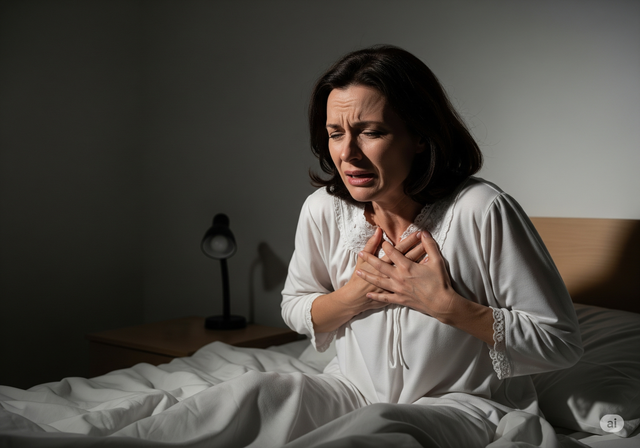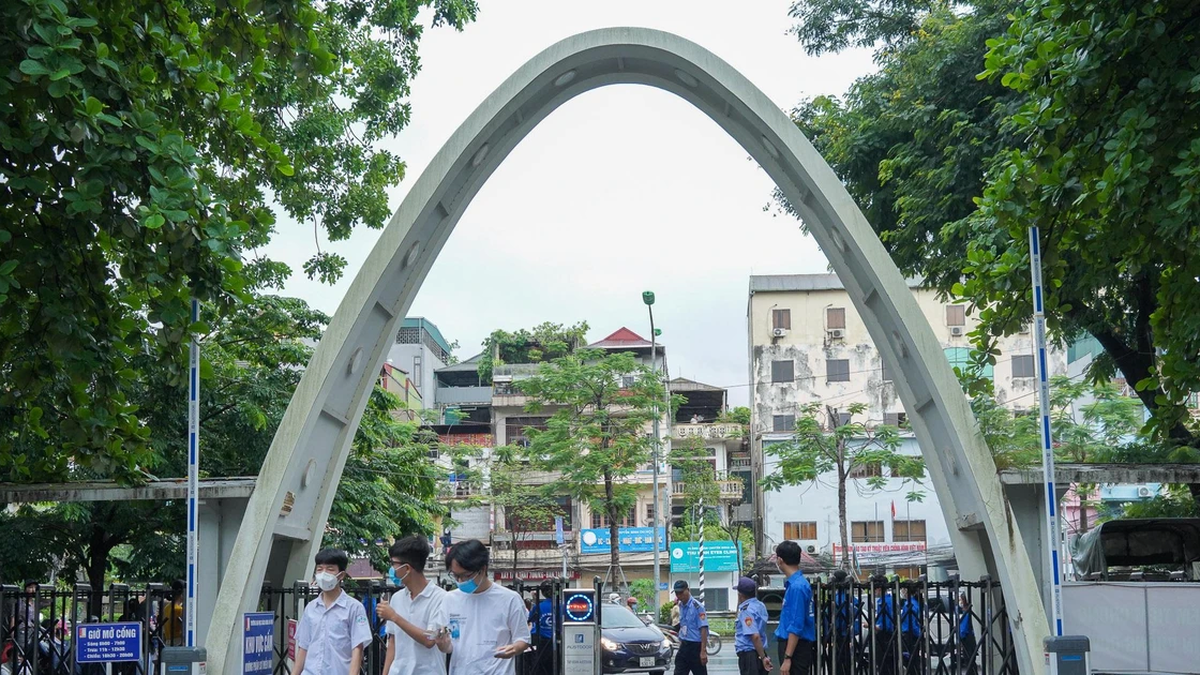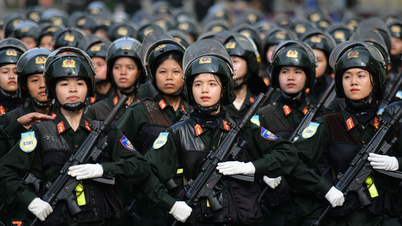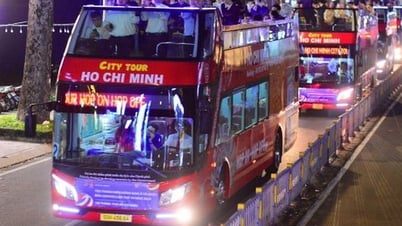According to the World Health Organization (WHO), about 32% of deaths worldwide are related to cardiovascular disease, of which 85% are due to heart attacks and strokes.
A study published in the American Journal of Hypertension found that the risk of heart attack between 6 a.m. and noon increases by 40%.
Here are some reasons for heart attacks in the morning, according to the health site HealthShots (India).
There are many reasons for heart attacks in the morning - Photo: AI
Hormone release
When we wake up, our bodies begin to shift into a state of activity. The autonomic nervous system releases a series of hormones such as adrenaline, noradrenaline, and cortisol, which help wake us up and increase our heart rate and constrict blood vessels.
According to Abhijit Borse, a cardiologist in India, this increase in hormones puts more pressure on the heart and reduces the amount of oxygen supplied to the heart muscle, increasing the risk of a heart attack.
Blood is thicker and more likely to clot.
After waking up, levels of PAI-1 (a protein that inhibits clot breakdown) often increase. This makes blood thicker and more likely to form clots in the morning.
Dehydration
During the 7-8 hours of sleep each night, the body is not replenished with water. Mild dehydration in the morning causes the blood to become thicker, making circulation difficult.
A study published in the European Journal of Nutrition found that even mild dehydration can increase the risk of cardiovascular disease.
Using an alarm clock may lead to heart attack risk
Alarm clocks help us wake up on time, but if you have high blood pressure, this can be dangerous.
Waking up suddenly can cause blood pressure and heart rate to spike, leading to the risk of a heart attack.
A study published in the journal Heart & Lung found that people who used alarm clocks had 74% higher morning blood pressure than those who woke up naturally.
Jumping out of bed too quickly or exercising on an empty stomach can leave your heart vulnerable, says Borse.
Although we cannot change our natural circadian rhythm, we can completely reduce the risk of heart attacks in the morning by changing to a more scientific lifestyle.
Getting enough deep sleep at the right time will help your body recover, reduce stress and reduce harmful hormones. Waking up naturally instead of being woken up by an alarm is also better for your health.
In addition, you should drink a glass of water right after waking up to help thin the blood and support better circulation.
Instead of exercising on an empty stomach, you should take some time to relax and have a light snack before starting vigorous exercise.
Source: https://thanhnien.vn/tai-sao-dau-tim-thuong-xay-ra-vao-buoi-sang-18525061822420235.htm























































































![[Infographic] In 2025, 47 products will achieve national OCOP](https://vphoto.vietnam.vn/thumb/402x226/vietnam/resource/IMAGE/2025/7/16/5d672398b0744db3ab920e05db8e5b7d)














Comment (0)